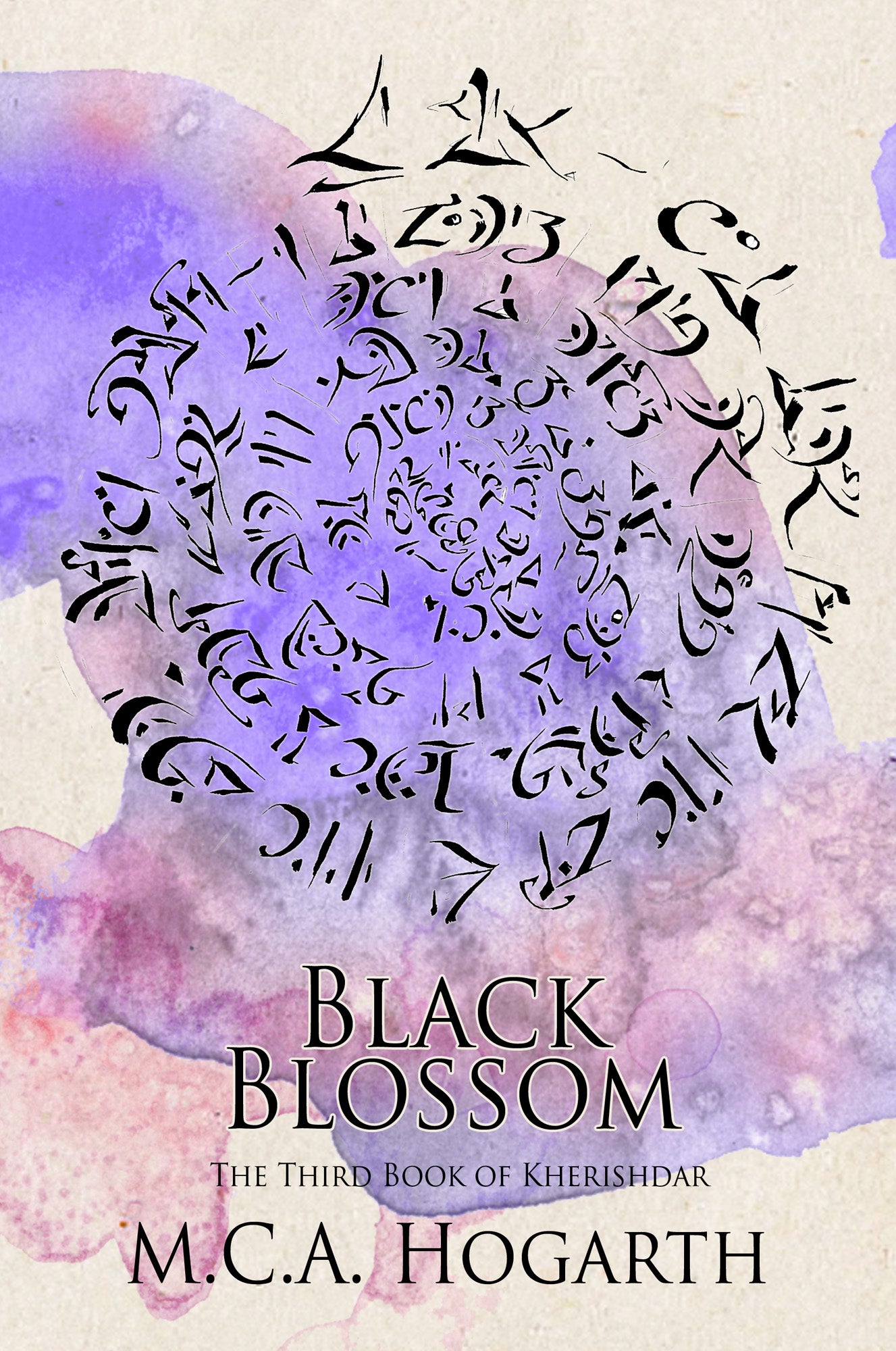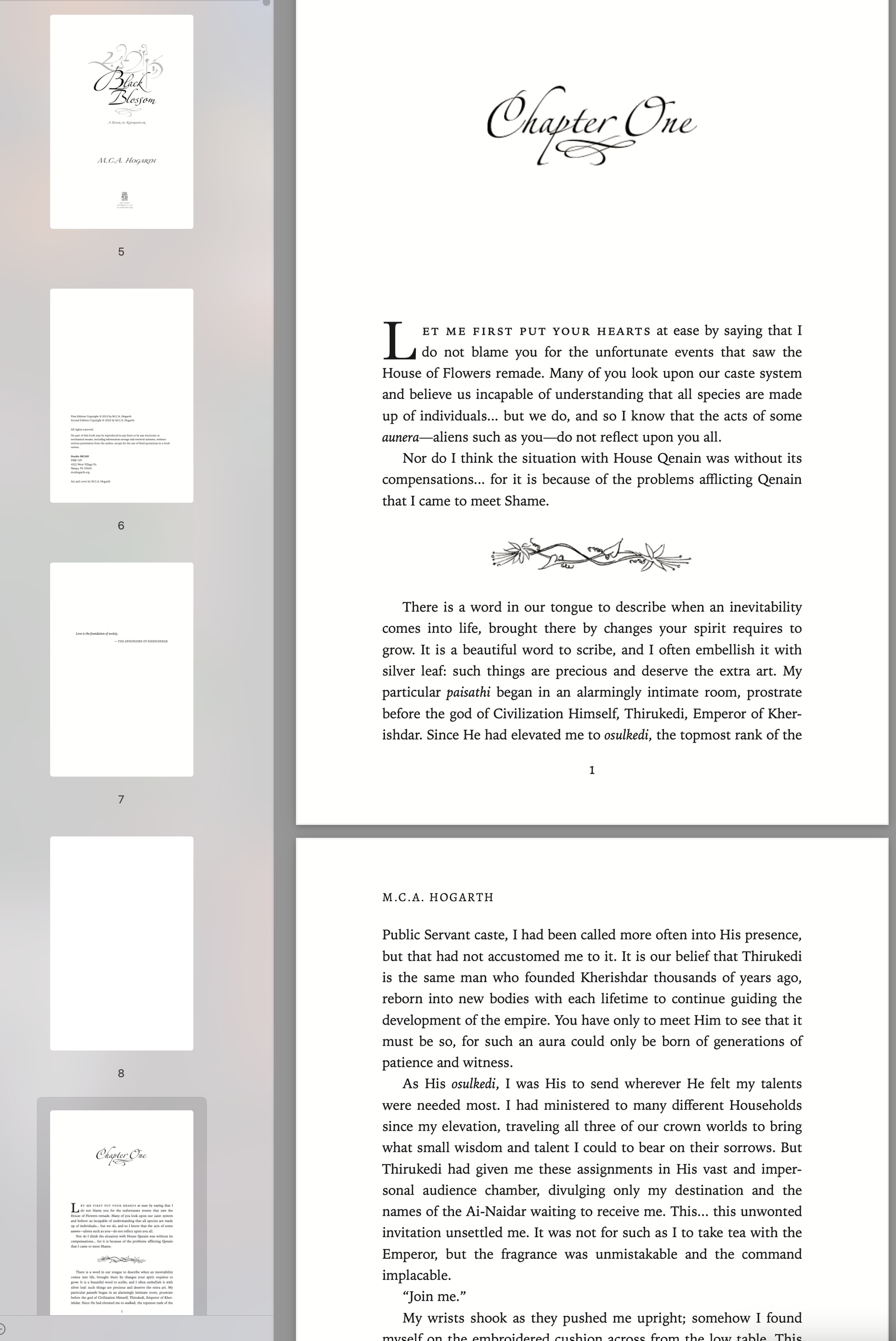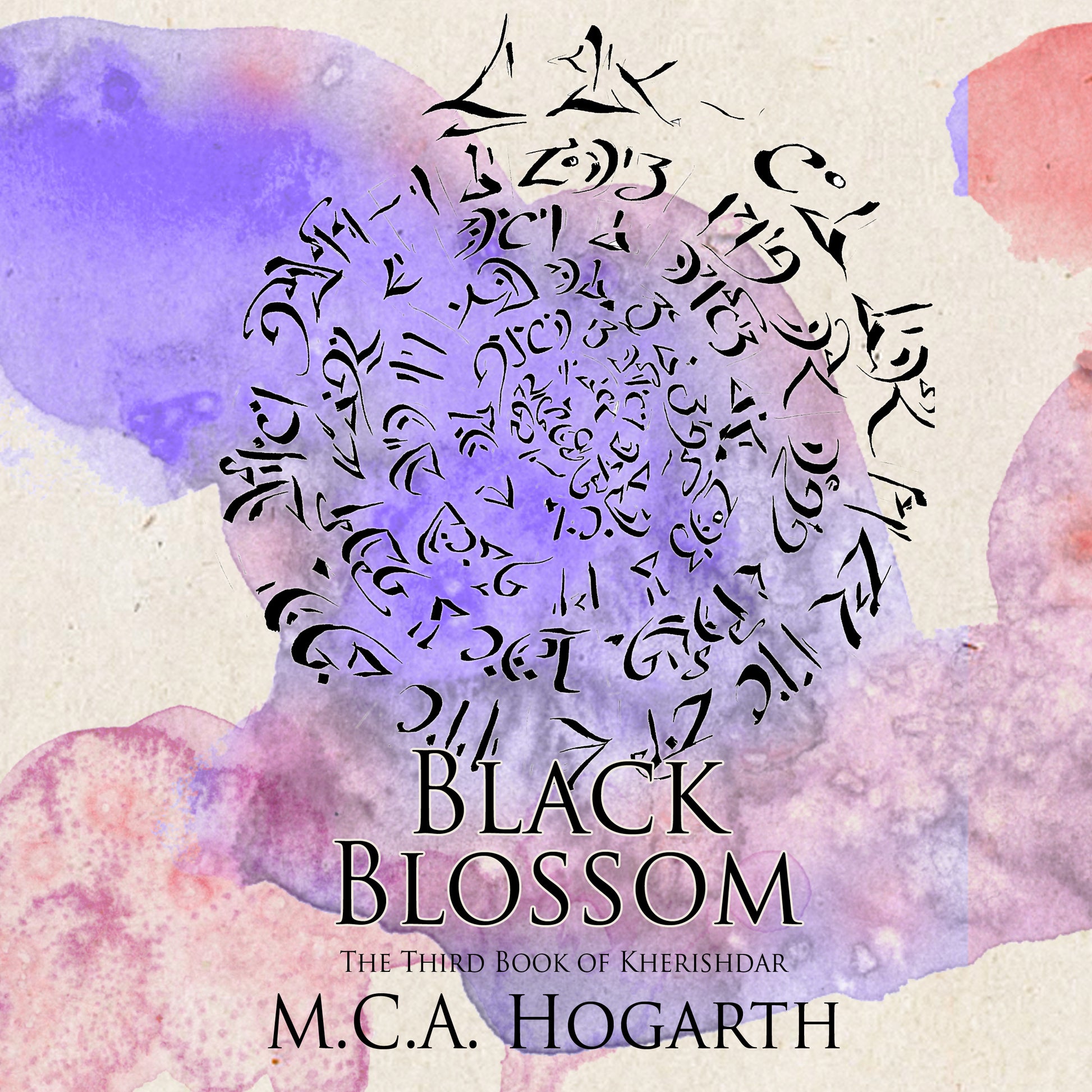Black Blossom (Kherishdar 3)
Black Blossom (Kherishdar 3)
Couldn't load pickup availability
Ebook delivered via email immediately!
The high priest of Shame in Kherishdar is shattering—
—and the only thing between him and his ruin is the gentle Calligrapher, Farren Nai’Sheviet-osulkedi. When they are dispatched by the god of Civilization to Qenain, the House of Flowers, they find it in disorder, having fallen prey to a mysterious influence… an alien influence… a human one. Can one man heal Shame in time to save him and Qenain both? Or will they both fail? And what will happen in—and to—the House of Flowers?
Black Blossom is a genteel, conversational fantasy of society, culture… and the perversions that threaten them.
Can be read as a standalone novel, though The Aphorisms of Kherishdar and The Admonishments of Kherishdar make good background for its events and setting.
Genre (setting): low fantasy/implied science fiction
Tags: conlangs, linguistics, aliens, first contact, slow pacing, immersive, found family
Audio Preview
https://soundcloud.com/m-c-a-hogarth/black-blossom-retail-sample
Excerpt From Chapter 1
There is a word in our tongue to describe when an inevitability comes into life, brought there by changes your spirit requires to grow. It is a beautiful word to scribe, and I often embellish it with silver leaf: such things are precious and deserve the extra art. My particular paisathi began in an alarmingly intimate room, prostrate before the god of Civilization Himself, Thirukedi, Emperor of Kherishdar. Since He had elevated me to osulkedi, the topmost rank of the Public Servant caste, I had been called more often into His presence, but that had not accustomed me to it. It is our belief that Thirukedi is the same man who founded Kherishdar thousands of years ago, reborn into new bodies with each lifetime to continue guiding the development of the empire. You have only to meet Him to see that it must be so, for such an aura could only be born of generations of patience and witness.
As His osulkedi, I was His to send wherever He felt my talents were needed most. I had ministered to many different Households since my elevation, traveling all three of our crown worlds to bring what small wisdom and talent I could to bear on their sorrows. But Thirukedi had given me these assignments in His vast and impersonal audience chamber, divulging only my destination and the names of the Ai-Naidar waiting to receive me. This... this unwonted invitation unsettled me. It was not for such as I to take tea with the Emperor, but the fragrance was unmistakable and the command implacable.
“Join me.”
My wrists shook as they pushed me upright; somehow I found myself on the embroidered cushion across from the low table. This chamber had been designed for such audiences, for the table was on a dais with stepped ends: Thirukedi sat on the raised step, I on the low and the table on the middle. Thus propriety was observed, though I imagined such rooms more frequently saw discussions between Thirukedi and those above the Wall of Birth. As osulkedi I was the highest caste-rank below that Wall... but the Wall was insurmountable.
One of the irimked poured our tea from an exquisite pot into equally exquisite bowls, covering each with a lid before withdrawing. Head bowed, I waited for the Emperor to draw His closer and sip from it before I dared my own. The finish on the gray-green ceramic was pebbled and warm, a delight to the fingertips; the tea subtle, fragrant and astringent. He allowed me to enjoy it at a proper pace, and only after half the bowl remained did He speak.
“You wonder, no doubt, at your presence here.”
I glanced across the table at His throat but did not speak for lack of explicit permission. I watched His long hands as He poured himself another bowl.
“You are released to speak,” Thirukedi said, and continued, “Your services have pleased me. I was not wrong to lift you up.”
“You are thanked, Thirukedi,” I murmured in Abased. Even given leave to speak I could not conceive of addressing Him in anything but the most abased of grammars, any more than I would look uninvited at His face, though I had cause to know it was beautiful and stern. “It was only in service to your ideal.”
“Mmm.” His fingers came to rest on the lid of the bowl, restless as butterflies. “Tell me, Calligrapher... do you know the fable of the broken pot?”
“Which one, Thirukedi?”
He laughed, and my ears flicked back in a suffusion of modesty.
“I should have known you would be familiar with the many variations,” He said. “Which of the versions is your favorite, then?”
“If it pleases you,” I said, “the one where the potter repairs the pot and puts it back in service.”
“As I would have thought,” He said. “There is a reason that version is one that is best known.” He was quiet; even His fingers grew still. In that silence, I waited, attentive. “I have sent you on many assignments, but as... how shall I say. Preventative care. Pots under strain, that without a moment’s respite would have developed flaws. You have eased hearts and pressures both by reminding those in need of the virtues of Kherishdar. You have found those assignments gladsome, I would hope?”
“It is good to serve,” I said, and meant it with all my heart.
“Look at me, Calligrapher.”
I raised my face, hesitant. His eyes were gentle, and the same willow-green as the tea set’s.
“I have a broken pot,” He said. “And I need a potter to mend it.”
“Command me,” I murmured, unable to help a more intimate grammar. “I am yours.”
He let the moment rest: He was, I realized, appreciating my outburst as an expression of devotion. I bowed my head and struggled with the honor of being so clearly seen.
Then He said, “You were once asked to serve as an instrument of Correction, were you not?”
“It was so,” I said.
“How did you find it?” he asks.
I studied the lid of the bowl, shaped subtly like a flower with the stem for a handle. “It was difficult,” I said. “The shape of the outcome was a thing known, but to undertake its creation was... a weighty task.”
“A Noble, was it not? One of the eritked,” Thirukedi asked.
I inclined my head in agreement. “Who had taken advantage of a Merchant. The resulting transaction had seemed pleasurable to her, but she did not understand that the Merchant could not deny her.”
“An important matter of caste law,” the Emperor said. “What did you do?”
I hesitated. The memory of that day remained brightly inked in mind. “My brush painted the rules on her body while she dictated them from the Book of Precedents.”
“Novel,” Thirukedi said. “Appropriate to your talents.”
I tried not to shudder. Even though the rules allowed me to touch another with impunity when serving as their instrument of Correction, I had still found it uncomfortable. Touching is a thing between the trusted, to be gently negotiated beforehand. The instances in which it was appropriate for such as I to touch someone above the Wall of Birth were... very few. I could probably count the paragraphs in the Book of Exceptions, were I so minded.
“She was appropriately grateful?” He asked. Nuil, is that word, and it has no aunerai analog that I know. It is a gratefulness that comes only from having a poison drained from one’s spirit, a gratitude known most frequently from Correction, a word I paint in the cerulean blue of joy and the brown of dried blood.
“It seemed so,” I said. “It was good to have served her.”
“But a discomfort,” Thirukedi said.
I inclined my head again.
“Would you do it if asked a second time?”
“Of course,” I said, because to say otherwise was unthinkable.
“For the same eritkedi?”
I almost glanced up, startled. “Was there a second transgression?”
“Of a different kind,” Thirukedi said.
I found myself speechless, though I could not decide which understanding affected me more: that the Noble I had tasked myself to such careful treatment had relapsed into shameful behavior or that Thirukedi had bothered Himself to learn the details. For what? For this small discussion? Surely I was not so important. What broken pot did He intend me to mend, if it was clear that I had failed with the one I had tried before?
“There is no shame in it,” Thirukedi said. “You succeeded in preventing her from transgressing in the same way.”
“But not in another,” I said, ears flattening.
“No,” Thirukedi agreed. “There was a pattern there that you had no opportunity to see. There is no shame in it, Calligrapher; Correction is an art, not a skill. You were made for different tasks.”
I sighed, folding my hands before me on the table. “There is yet regret,” I said. “That the effort was not enough.”
“Sometimes no effort is enough,” He said. “I am sending you to the Bleak.”
My silence was not the silence of respectful attention, but of shock.
“There,” Thirukedi said, “you are to deliver my message to the osulkedi who serves Shame. He has been there the better part of two seasons now, attempting Corrections of those most in need... but it is enough. His services have been requested by House Qenain’s gate complex, and it is there you will tell him to go, on my command.”
He sipped his tea and finished, “He is the broken pot.”
I stared at the finish on his bowl, stunned. Still, I found my voice... for such an incredible assignment demanded precise understanding. “And he is to be mended?”
“By you, yes,” Thirukedi replied with a smile in His voice. “Accompany him to Qenain. Observe him, advise him... be to him what you have been to others in need. I suspect that will be sufficient.”
“Forgiveness,” I whispered. “Thirukedi... an aphorism, no matter how beautifully painted, may not be enough to succor such a soul.”
“I suspect not,” the Emperor replied. “This is not the work of a single painting. Your duty to him will take time. But mark it, Calligrapher... he is worth the time. He is my osulkedi, just as you are. Not since the first servant of Shame has there been one such as he... and he is shattering. He has given Kherishdar his service for years. If we did not save him, the very Civilization he has broken himself to uphold will not be worthy of him... is it not so?”
I bowed my head. “It is as you say.”
“Go,” Thirukedi said. “Retrieve him from the Bleak. I have set aside for you the records of his many Corrections... you may read them on the way. Until he is well you have no duty of more paramount importance.”
“Yes, Thirukedi,” I said. Then, quietly, “What is his name?”
“He is Kor Nai’Nerillin-osulkedi. But as his duty is to Shame, so he has preferred to be called.”
Share
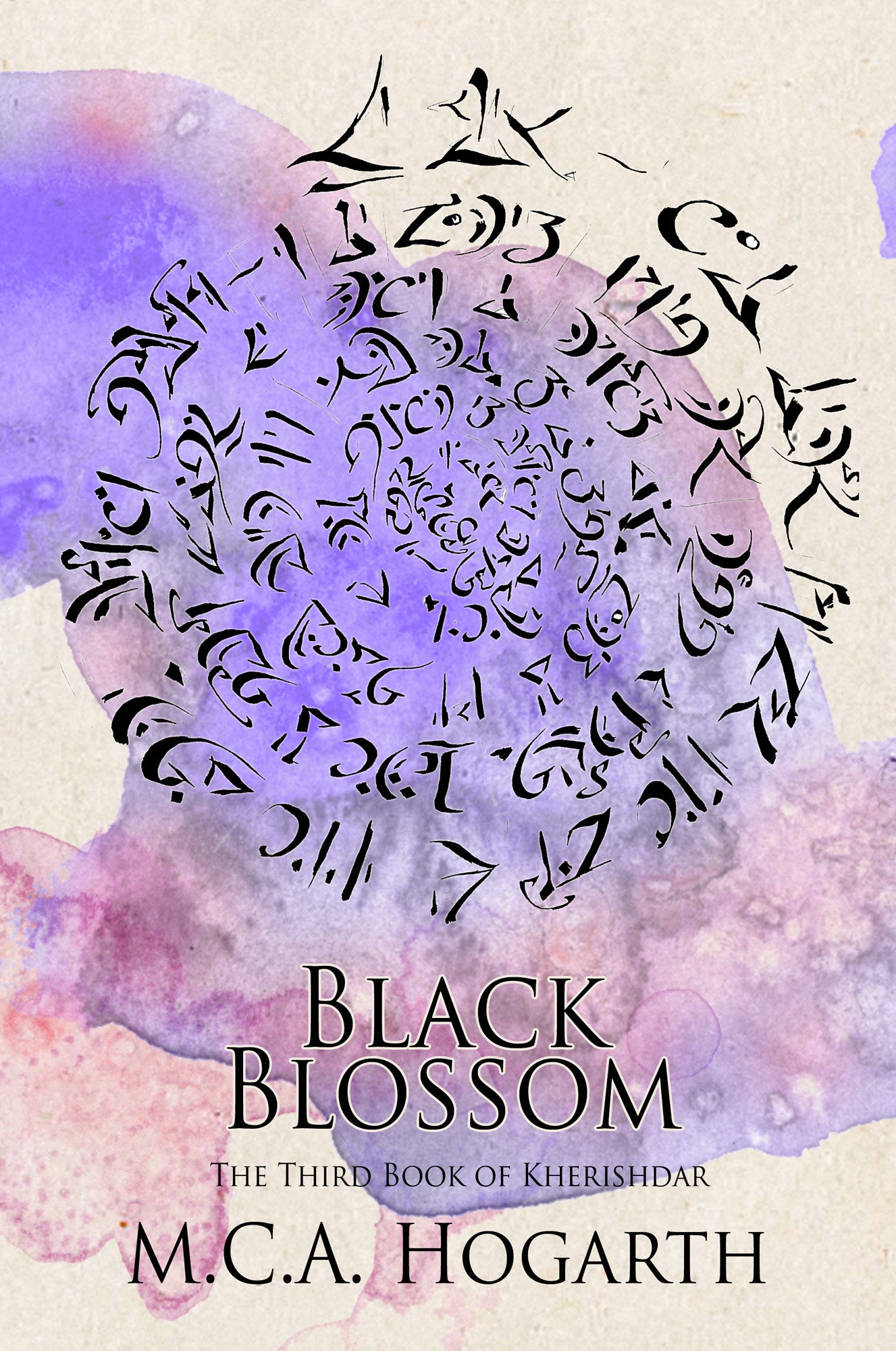
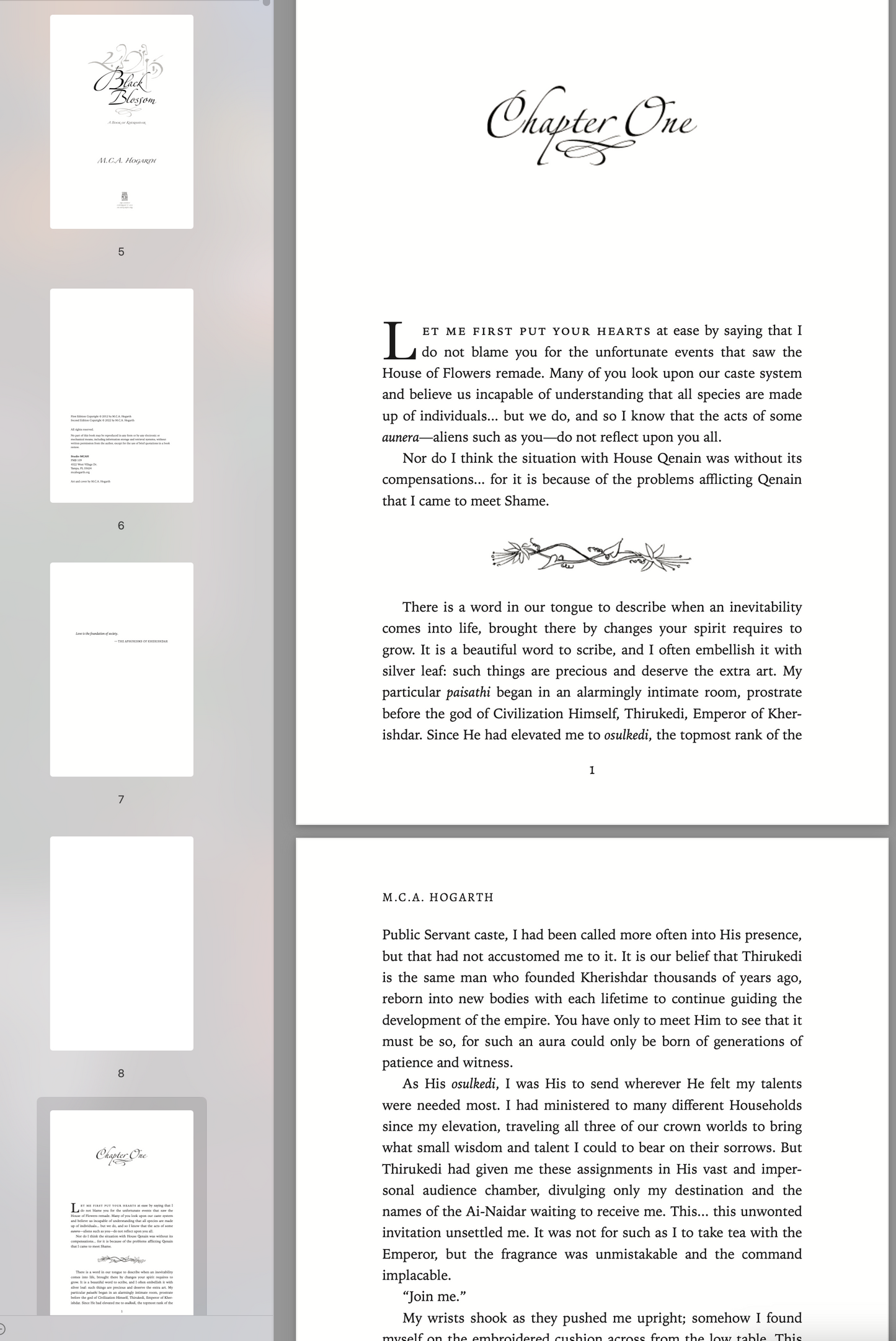
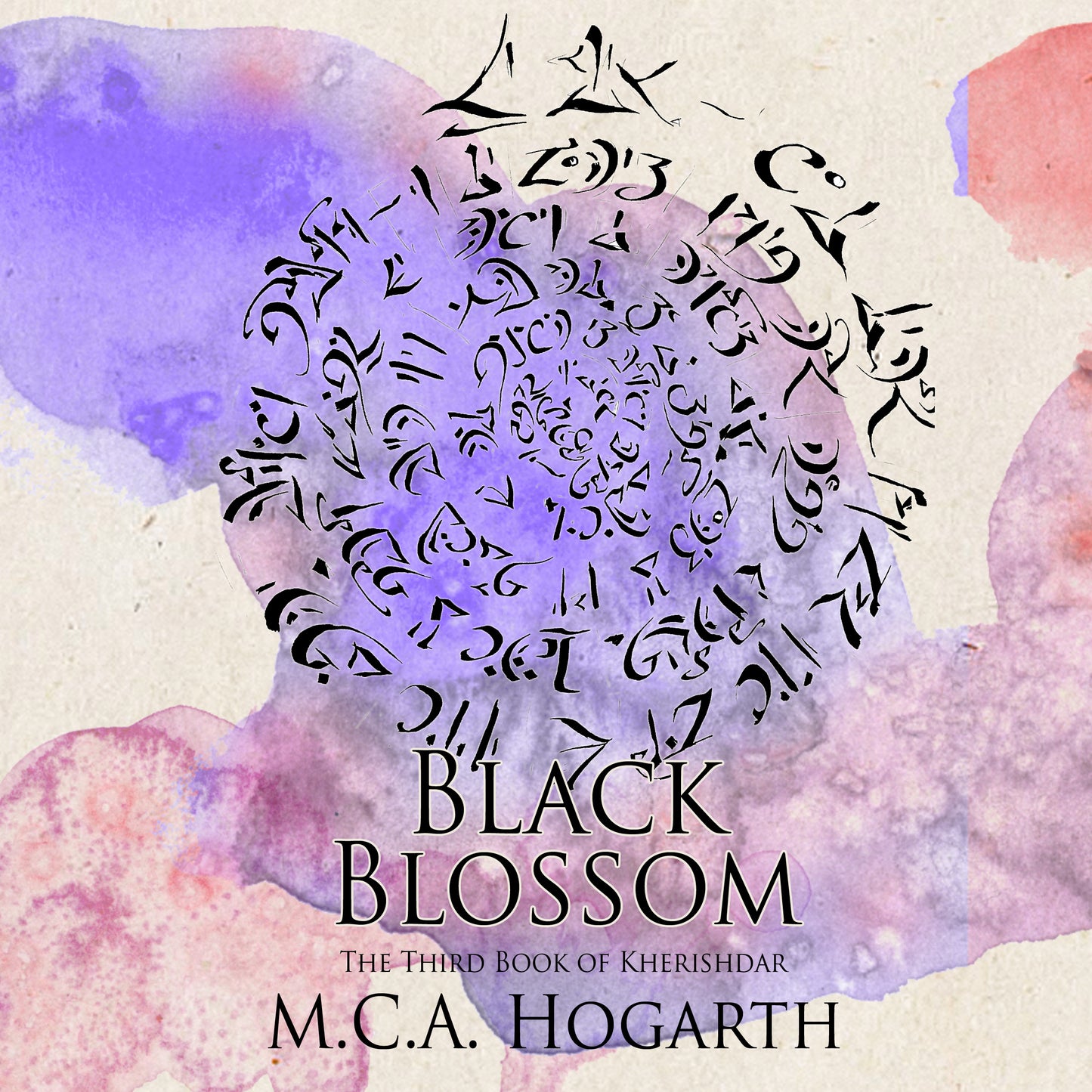
Formats
- Ebook - In your choice of e-format (epub, mobi, etc). You'll receive an email from Bookfunnel, the ebook distributor, with download instructions.
- Audio - If this book has an audio format, it will be listed. Not all books have audio, however, and some series have incomplete audio editions. You'll receive an email from Bookfunnel, the audio distributor, with download instructions.
- Paperback - A print-on-demand paperback, this ships from the printer directly.
- Doodled Paperback - This paperback will be signed by the author, and have a doodle drawn on its half-title page! This personalized option will ship from the author and may take 1-2 months to reach you.
I found out only after reading most of this book that this isn't the first Kherishdar book. I don't remember whose recommendation led me to buy the book, after reading and greatly enjoying many other books by this author, but that person thought it would work perfectly well as a stand-alone -- and so says the description. I agree. In fact, I enjoyed learning this new world and culture gradually as I read, without the clues the earlier books would have provided.
The worldbuilding here is beautiful, awe-inspiring, immensely thought-provoking. And there's a compelling story and complex characters to go with it, seamlessly interwoven. Hogarth plays the reader's emotions like an instrument, with the expertise of a virtuoso.
This book has become a complete book trap for me... once I start flipping through it, I can't put it down. Intricate and lovely in its examinations of the relationships between people and others, full of poignant truths, and simply glowing with insight and kindness. Kherishdar takes some getting used to, but is extremely comfortable once you're acclimated. Also, I am in deep love with conlangs, so this is pretty much my catnip.

